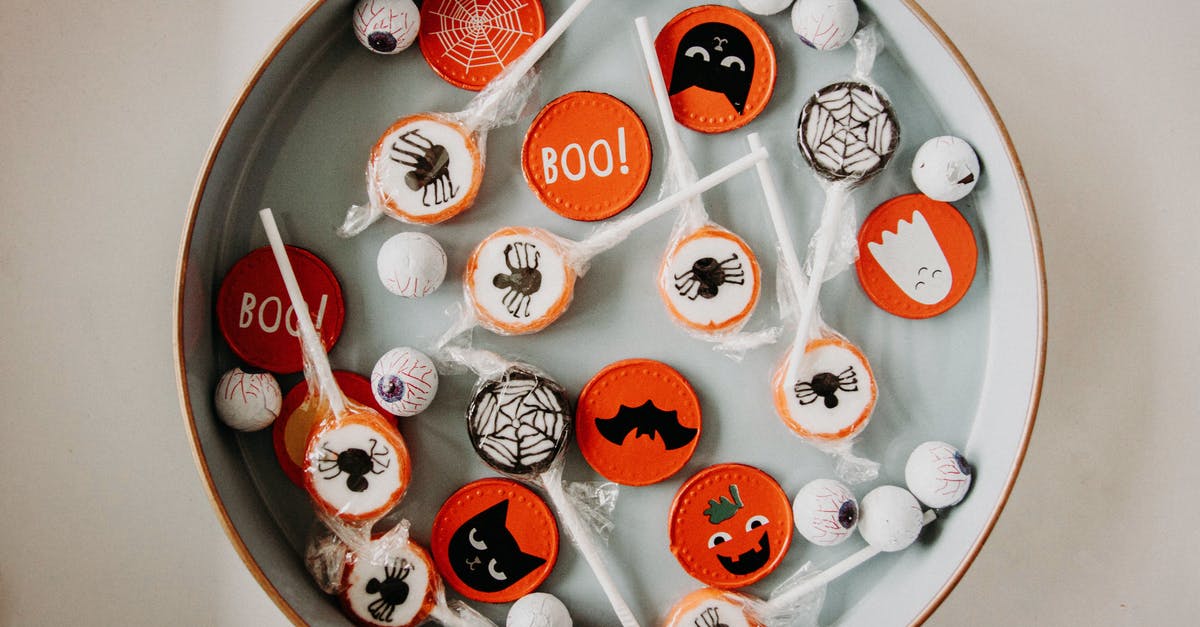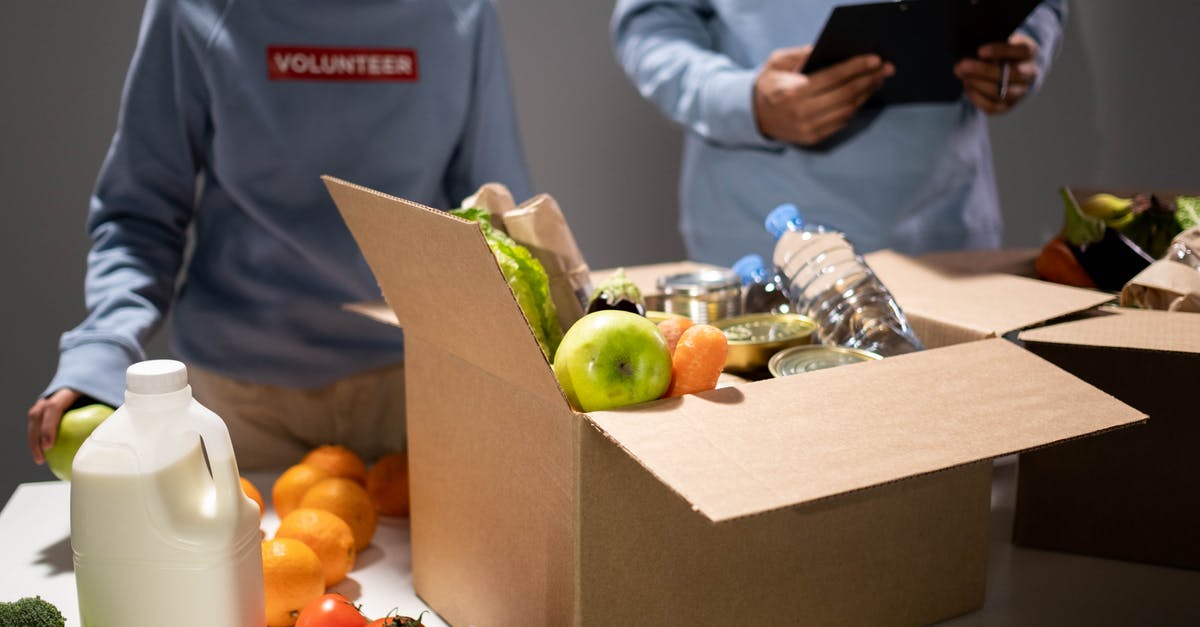Can you tell if a food is fermented (in a "good" way) or rancid?

The other day I took out a cubed pineapple from the fridge, and when I tasted it it tasted like it started to go "bad." But it actually tasted pretty good and I figured that kimchi and other foods are fermented and they are considered edible and healthy even. So that got me thinking, how can you tell if something gone past their date is fermented in a good way, or in a bad way (gone rancid)? Even meats are "aged" which means they start to decompose.. but that's considered a delicacy.
So how can you tell if it's good or not? Or only the process in which you used can somehow tell if the end product is safe to eat?
Best Answer
So that got me thinking, how can you tell if something gone past their date is fermented in a good way, or in a bad way (gone rancid)?
Short of taking the food to a lab and testing it for the kinds of microorganisms in it, the answer is you can't, not really. Lots of dangerous bacteria and other microorganisms don't necessarily make food taste bad.
Or only the process in which you used can somehow tell if the end product is safe to eat?
Strictly speaking, yes: proper fermentation should follow a known process if you want to ensure safety. The type of food and the conditions need to be correct to avoid dangerous bacteria and toxins in the end-product. Many fermentation recipes use salt to discourage growth of bad stuff. Others use excessive sugar or acidity or something else introduced at some point in the process. Many industrial fermentation processes depend on inoculating the starting material with "good" fermentation microorganisms at the start, so they grow faster than anything "bad" might. Often these "good" microorganisms produce waste products (like acid) that discourage future growth of anything "bad."
It seems like the move back toward fermented foods in the past decade has led to a lot of home experimentation in much less controlled environments. Sure, if you toss quite a bit of salt together with many types of foods and let it sit for a week or two, chances are in many cases you'll end up with something tasty and okay to eat. But true preservation recipes that make use of fermentation depend on exact ratios of ingredients (and sometimes other preparation steps) that have often been lab-tested with dozens or hundreds of samples to ensure safety. If you're not using a known recipe and a known process, it's quite possible to end up with something unsafe to eat.
In the case of the refrigerated cubed pineapple from the question, it's less likely to grow nasty things due to the refrigeration. While it's certainly possible to grow bacteria that will make you sick at refrigerator temperatures, it's more likely that most refrigerated foods will spoil first and taste/look awful and unappetizing before they are able to accumulate significant quantities of other toxins. Still, this is just a general observation, and no one here can guarantee safety for something left in the fridge for a long time. As the mantra goes: when in doubt, throw it out.
Pictures about "Can you tell if a food is fermented (in a "good" way) or rancid?"



How do you know if food is fermented?
SIGNS THAT FERMENTED VEGETABLES ARE FINISHED FermentingWhat does fermented food smell like?
A spoiled ferment will smell rancid, like rotting broccoli. A good ferment will have a pleasant sour smell. Note: If there's Kahm Yeast present it may have a strong smell, but once scraped away it should have a pleasant sour smell if it's not spoiled. A spoiled ferment may be slimy in texture.Do fermented foods spoil?
The shorter the time, the firmer the vegetables. Storing food that has already been fermented in the refrigerator or a root cellar significantly slows down the rate of fermentation. That's why fermented foods can be stored for up to three months, or longer, without losing their quality and good taste.How Do I Know If My Ferment Is Done?
More answers regarding can you tell if a food is fermented (in a "good" way) or rancid?
Answer 2
Which foods ferment in a good way is something that's been tested over thousands of years by millions of people, long before science was invented.
Cheese, good; Beer, good; Kimchi good; soggy apples… Oooh, becomes cider.
A lot of the others have …ermm… casualties along the wayside ;)
Back in the past, it was often a case of 'Did it taste nice?' followed by 'Did they survive?' OK, then it's good.
Unless you are prepared to invest time & effort into researching which category your accidental fermentation fits into, I'd just throw it out.
Sources: Stack Exchange - This article follows the attribution requirements of Stack Exchange and is licensed under CC BY-SA 3.0.
Images: Rachel Claire, George Dolgikh @ Giftpundits.com, Kristina Paukshtite, cottonbro
